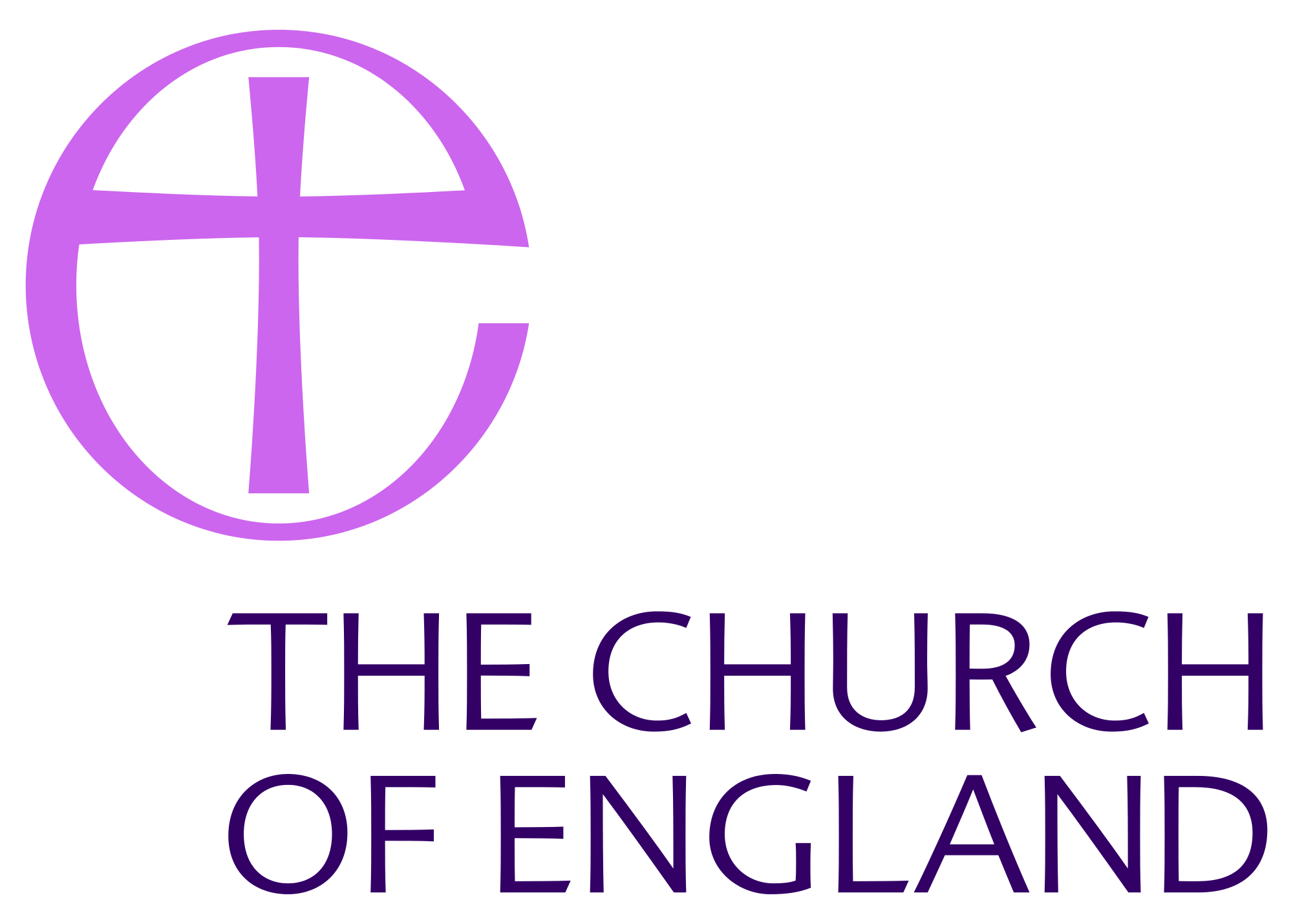 The Church of England has announced that it will seek to open more than one hundred new schools by 2020 as part of the Government’s free school programme. The plans were announced at a meeting of the Church’s General Synod on Sunday, at which the chair of the Anglican Board of Education, the Bishop of Ely, set out the ‘radically new’ approach that the Church would take as part of its commitment to maintain its position within the education system and ensure the ‘distinctive Christian character’ of existing and future Church schools.
The Church of England has announced that it will seek to open more than one hundred new schools by 2020 as part of the Government’s free school programme. The plans were announced at a meeting of the Church’s General Synod on Sunday, at which the chair of the Anglican Board of Education, the Bishop of Ely, set out the ‘radically new’ approach that the Church would take as part of its commitment to maintain its position within the education system and ensure the ‘distinctive Christian character’ of existing and future Church schools.
The British Humanist Association (BHA), which campaigns against ‘faith’ schools and all undue religious influence, privilege, and discrimination in education, has described the plans as a threat to the rights of parents and children, and to the realisation of a fair and fully inclusive education system.
A third of all state-funded schools in England are currently ‘faith’ schools, the vast majority of which are run by the Church of England. Despite this, the number of people identifying as Anglican has long been in decline, as has the number of people who attend Church of England services every week. Indeed, statistics released by the Church of England earlier this year revealed that average weekly attendance at church had dropped below one million in England for the first time. This means that there are now more children being educated in state-funded CofE schools, attending compulsory worship each day, that there are people who attend a CofE church each week.
In response to this decline, the Church of England has been incredibly open about the motivations behind its continued involvement in the education system. In 2014, for instance, their Evangelism Task Group published a report calling for ‘a renewed sense of urgency’ in engaging with and evangelising children and young people. And in the same year, research published as part of the Church of England’s Church Growth Research Programme found that church growth is strongest in areas that have an oversubscribed, religiously selective school, and suggested that proximity to an oversubscribed school was therefore something that churches should seek to ‘engineer’.
BHA Chief Executive Andrew Copson commented: ‘Not only are these plans entirely out of step with the beliefs of the population and the wishes of the vast majority of parents, they severely threaten the rights of children to learn with and from those of other religions and beliefs, to be defined by more than simply the religion or beliefs of their parents, and to enjoy a balanced education without fear of discrimination or division.
‘Creating more “faith” schools when the number of people they can appropriately cater for continues to decline is counter-intuitive and counter-productive, and we will be doing all we can to ensure that the Government recognises this by only approving fully open and inclusive schools as part of its free school programme.
‘Let’s call this push for increased influence in schooling for what it is: a cynical attempt by the church to “stop the rot” and boost its numbers both through the evangelising of children and through the quite shameful practice of requiring parents to sit on pews simply to ensure their children can get a place at a local school. The Church has been quite open about this.’
Notes
For further comment or information please contact Jay Harman on jay@humanists.uk or 0207 324 2078.
Read the BHA’s previous news item ‘More attend collective worship in Anglican schools each morning than attend the Church of England each week’: https://humanists.uk/2016/01/14/44689/
Read the BHA’s news item: ‘Church of England diocese in ‘takeover’ of primary schools with no religious character’: https://humanists.uk/2016/03/10/church-of-england-diocese-in-takeover-of-primary-schools-with-no-religious-character/
Read more about the BHA’s work on faith schools: https://humanists.uk/campaigns/schools-and-education/faith-schools/
The British Humanist Association is the national charity working on behalf of non-religious people who seek to live ethical and fulfilling lives on the basis of reason and humanity. It promotes a secular state and equal treatment in law and policy of everyone, regardless of religion or belief.
